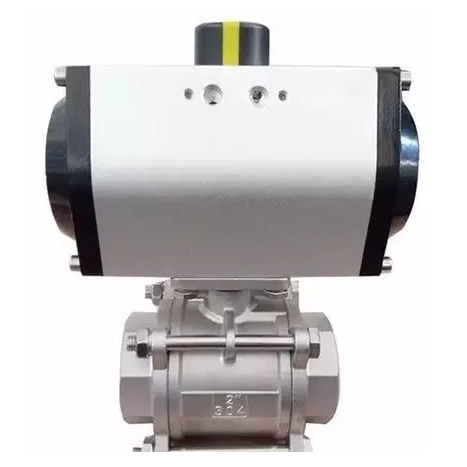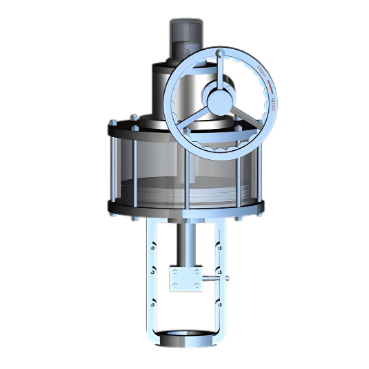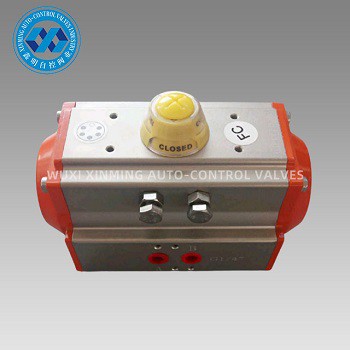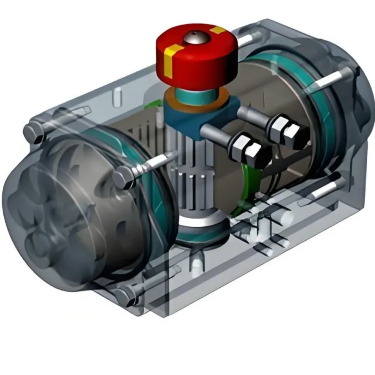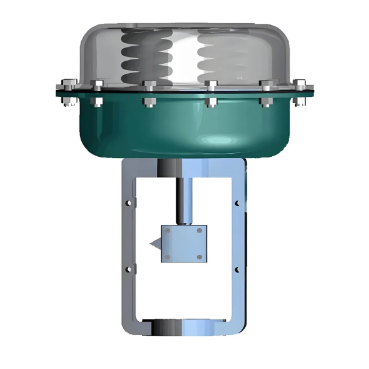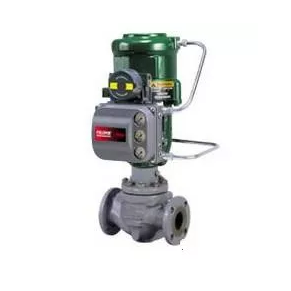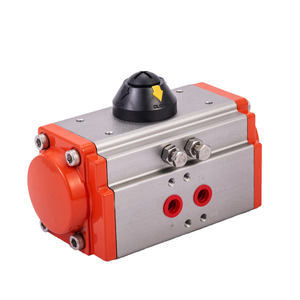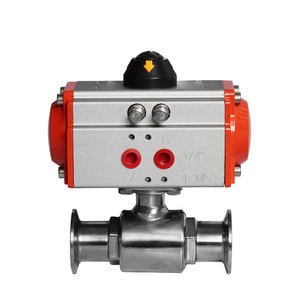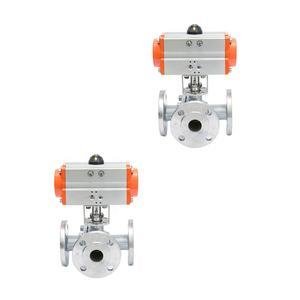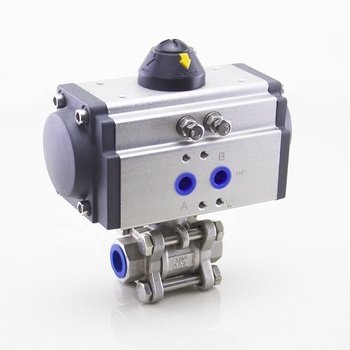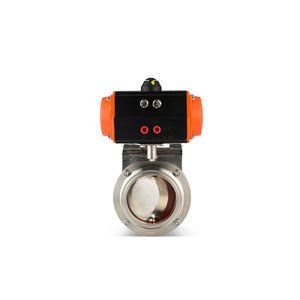Adjusting the speed of a pneumatic rotary
valve actuator requires a systematic approach focusing on key aspects of its
operation.
Firstly, control the air flow rate.
Installing flow control valves in the air supply line is an effective method.
By regulating the amount of compressed air reaching the actuator, you can
directly influence its rotational speed. Opening the flow control valve wider
allows more air to flow, increasing the speed, while narrowing it restricts the
air supply and slows down the actuator.
Secondly, adjust the air pressure. A higher
air pressure generally results in faster actuator movement. However, it's
crucial to stay within the actuator's rated pressure range to avoid damage. Use
a pressure regulator to precisely set and maintain the desired pressure level.
Reducing the pressure will decrease the actuator's speed, while increasing it
within safe limits can enhance the speed.
Finally, optimize the system configuration.
Minimize the length and number of bends in the air supply pipes, as these can
cause pressure drops and affect the actuator's speed. Also, ensure that the air
supply system is free from leaks, as even small leaks can disrupt the
consistent flow of air needed for accurate speed control. Regular maintenance
of the entire pneumatic system further supports stable and adjustable actuator
speeds.
If you want to learn more about low-priced products, please visit the following website: www.xm-valveactuator.com


